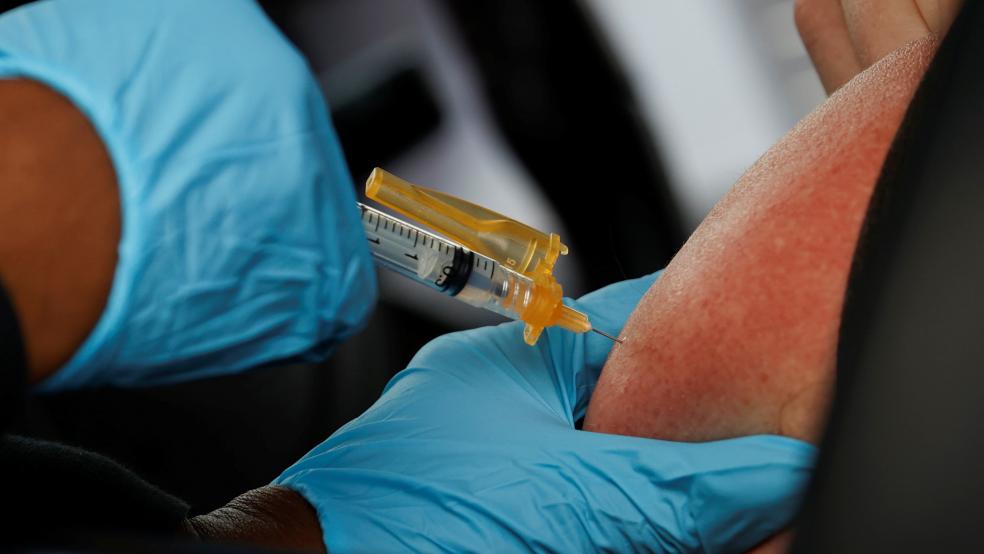U.S. and foreign leaders attending the Biden administration’s global Covid-19 summit have pledged another $3.1 billion to fund the global fight against the virus, the White House said Thursday.
Appearing at the summit, President Joe Biden called on world leaders to maintain their focus on combating the virus. “There’s still so much left to do; this pandemic isn’t over,” he said. “We have to prevent complacency.”
About $2 billion of the money will be used for the immediate response to Covid-19, including the distribution of therapeutics and vaccines, and $962 million will go toward a “new pandemic preparedness and global health security fund at the World Bank.” Germany made the biggest pledge, $1.5 billion, while Canada offered $732 million and South Korea pledged $300 million. The U.S. pledged $200 million for pandemic preparation, adding to the $19 billion it has pledged previously to the overall effort.
The pledges come amid concerns that the war in Ukraine and growing economic worries are distracting from the global push to combat the pandemic. Krishna Udayakumar of the Duke Global Health Innovation Center told Politico that the money, while welcome, is likely insufficient. “It is important that new resources, including funding, are being committed to the pandemic response,” he said. “In the current climate, $3.1 [billion] may be more than expected, but falls far short of even the [global health response] funding gap for this year, which is almost $15 [billion].”
U.S. effort stalls: Biden has asked lawmakers for another $22.5 billion to maintain and expand the U.S. response to the coronavirus, but that request, now whittled down to $10 billion, is stalled in Congress. The emergency aid package shrank following disputes over how to pay for it, with Republicans insisting that no new funds be allocated, and the smaller package is being delayed by a GOP effort to include an amendment that would keep a health rule known as Title 42, which allows the U.S. to deport immigrants due to health concerns, in place at the U.S.-Mexico border.
Republicans are also growing increasingly skeptical about the U.S. vaccination effort, Axios’s Caitlin Owens reports. Although the vaccines have proved to be highly effective at preventing hospitalizations and deaths, they are less effective at preventing the spread of the most recent variants of Covid-19, and some Republicans don’t want to spend money on vaccines that may be losing their punch. Republicans have also raised questions about the way vaccines are distributed, with some going to waste once their multi-shot containers are opened.
To critics, the objections to the funding request raised by Republicans are hard to digest, especially in light of the recent uptick in Covid cases in the U.S. “Looking to save money on wasted doses is fiscal conservatism as pathology,” writes Jonathan Chait of New York Magazine. “The shortsightedness of this position is almost unfathomable. It is difficult to conceive of a less intelligent way to save the government money than to skimp on vaccines and therapeutics. The scale of the savings in vaccine subsidies is in the billions, and the cost of the pandemic is measured in trillions.”



